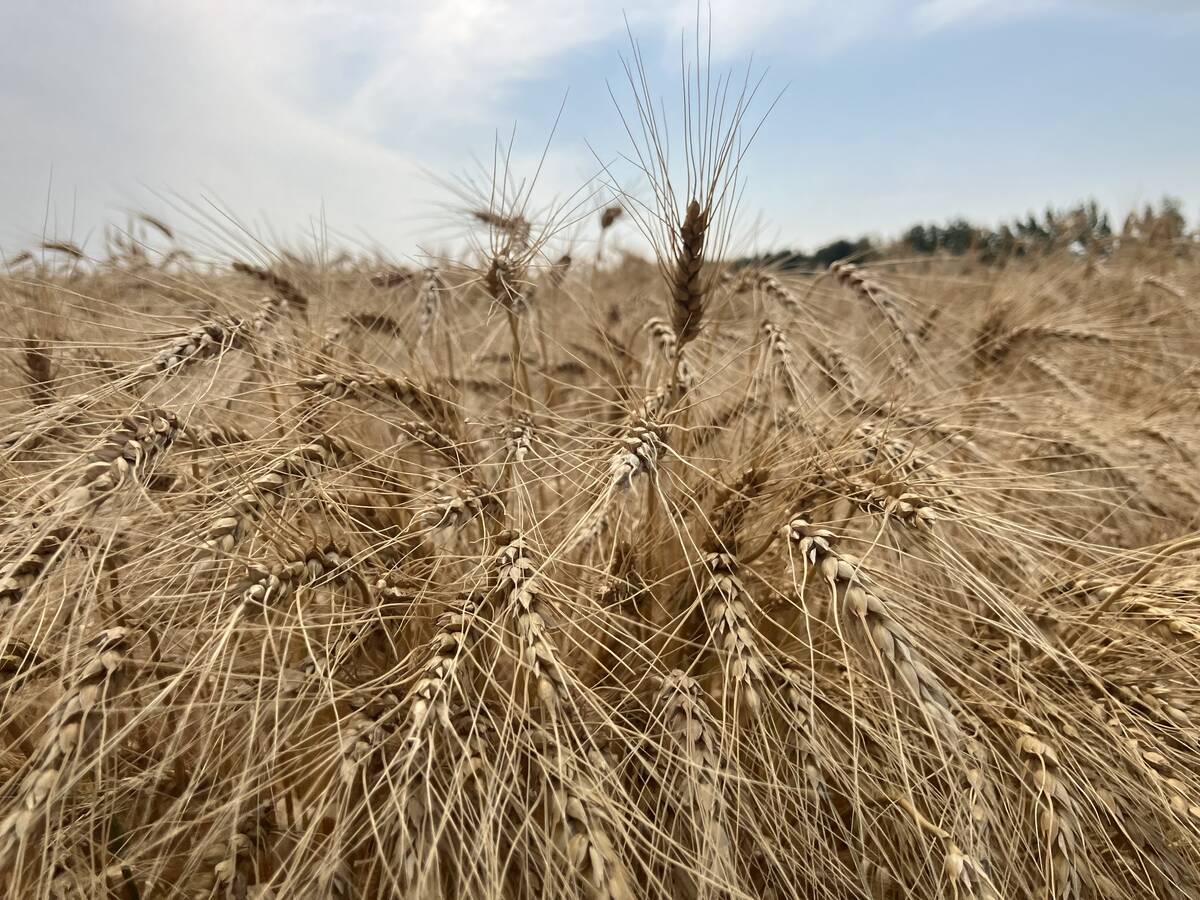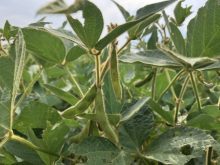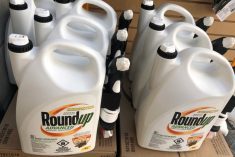No one is yet using the word ‘shortage’ but farmers may need to get ready for less Roundup temporarily, following a “force majeure” event at a plant supplying an ingredient in the recipe for glyphosate.
Bayer, the chemical company whose Roundup brand remains the best known of the glyphosate herbicides, reported as much in an open letter to customers dated Friday.
The letter, signed by Udo Schneider, the company’s global head for active ingredient manufacturing, said one of the company’s “key raw material suppliers experienced a mechanical failure in its manufacturing plant which leads to a substantial reduction in production rates.”
Read Also

Prairie CWRS wheat bids mixed to start February
Canada Western Red Spring wheat bids held relatively steady during the week ended Feb. 3, with small price declines in some areas and increases in others.
That breakdown, which Schneider said “constitutes a force majeure event for Bayer,” is expected to take about three months to repair, he wrote.
“Force majeure,” in contract law, refers to an unforeseeable set of circumstances under which a party to a contract is unable to fulfill its agreed-upon terms. It’s often referred to as the “act of God” clause, under which a party may be legally excused for the resulting breach of contract.
In this case, Schneider wrote, Bayer’s “ability to supply its customers with glyphosate or glyphosate-containing products,” including current purchase orders and other agreements, “has been impacted.”
A representative for Bayer CropScience’s Canadian arm on Sunday confirmed the letter, saying via email the company is “on track to restore production, and we’ve sourced additional materials and made other mitigation efforts to help best manage this situation.”
As for the impact on farmers’ ability to lock in a supply of Roundup this year, “we’re currently working to understand what the true impact may be in Canada and are committed to communicate with our customers as we know more in the coming days and weeks,” the Canadian rep said.
Bayer, Schneider said, is “co-operat(ing) seamlessly” with the supplier in this case along with “other partners of trust” to limit the impact of the problem.
On top of this issue, Bayer’s Canadian rep reiterated the ag chem market worldwide was already “experiencing historically tight supply due to challenging global trade flows, effects of the global pandemic and other forces.”
Neither Schneider nor Bayer CropScience Canada named the specific supplier, the location of the breakdown or the ingredient in question.
The Roundup brand of glyphosate came to Bayer when it took over chemical and seed company Monsanto in 2019.
Debuting in the mid-1970s as a broad-spectrum Group 9 herbicide for control of grassy and broadleaf weeds, glyphosate’s market reach expanded vastly in the late 1990s when Monsanto launched “Roundup Ready” varieties of crops such as soybeans, canola and corn, all genetically modified to tolerate applications of the chemical. Its reach expanded further as the chemistry came off patent in the early 2000s.
However, since in-crop applications of glyphosate have become more commonplace, a number of weed varieties have developed resistance to the product.
In recent years glyphosate has also entangled Bayer in lawsuits from users claiming exposure to Roundup caused them to develop cancers, in the wake of a 2015 decision from the World Health Organization’s International Agency for Research on Cancer classifying the chemical as “probably carcinogenic.” — Glacier FarmMedia Network
















